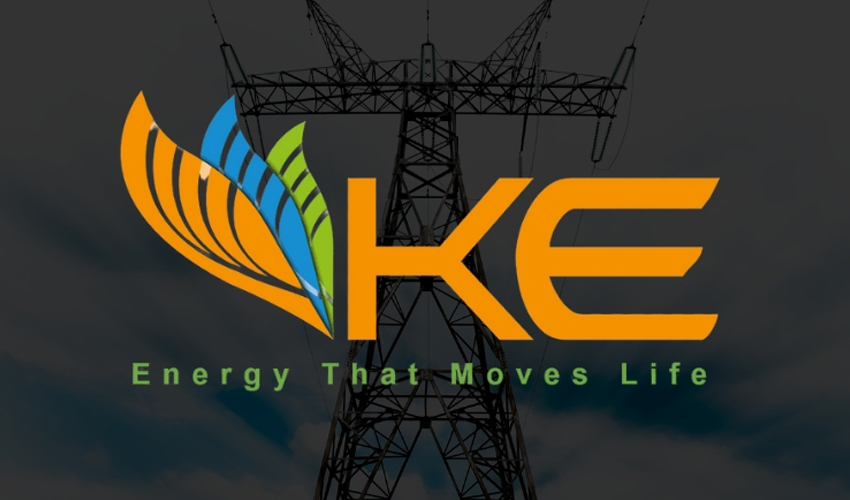K-Electric, the sole power utility serving the coastal metropolis, on Saturday, requested an increase of Rs5.45 per unit in the electricity tariff under the fuel cost adjustment (FCA) for May and June 2024.
This proposal, if approved by the National Electric Power Regulatory Authority (Nepra), will significantly exacerbate the financial burden on consumers already struggling with soaring inflation and diminishing incomes.
The utility company has cited increased fuel costs as the primary reason for this request, seeking an additional Rs2.53 per unit for May and Rs2.92 per unit for June. Should Nepra approve this proposal in its upcoming hearing on July 30, consumers will face an additional burden of Rs10 billion.
This request comes in the wake of the government's recent decision to increase the base tariff for domestic consumers by up to Rs48.84 per unit. This decision follows earlier hikes in the petroleum levy and the introduction of new taxes on agricultural income.
According to the Power Division’s notification, this increase will also apply to users in Karachi, excluding those consuming up to 200 units per month who have been granted a three-month exemption.
The power regulator had previously approved a federal government application for hikes in electricity tariffs across various consumer categories, including domestic, commercial, general services, bulk, and agricultural sectors.
On July 5, Nepra sanctioned an Rs3.3287 per unit increase in the electricity price for May 2024 due to the monthly FCA, which notably did not apply to K-Electric consumers.
In addition to this, the federal cabinet has recently approved an increase in the base tariff for commercial consumers by Rs8.04, for agricultural consumers by Rs6.62, for general services by Rs6.96, and for bulk consumers by Rs5.96.
Consequently, the base tariff for agricultural consumers has now risen to Rs46.83 per unit, while for general services, it has reached Rs61.03 per unit. Bulk consumers will now pay Rs59.96 per unit following a Rs5.51 per unit hike. However, the cabinet has opted to maintain the base tariff for industrial consumers.



























